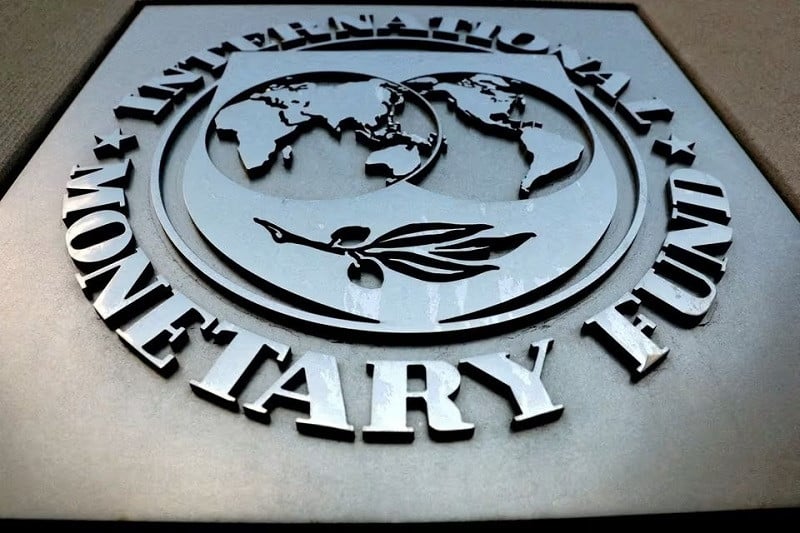
The federal government aims to achieve budget targets before the anticipated arrival of the International Monetary Fund (IMF) review mission in Pakistan. Negotiations for a new loan program are expected to commence in mid-May.
Finance ministry sources said the ministries had been instructed to complete the targets before the negotiations on the new loan programme.
They added that the details would be given to the IMF delegation when all the important targets were met.
It has also been decided to have the budget strategy paper approved by the federal cabinet before the IMF review mission’s arrival in the country.
According to the sources, the finance ministry has started preparing the budget.
The targets for debt repayment, defence budget and tax collections will be set.
Besides, the development and ongoing budget targets will also be determined.
After successfully completing the short-term bailout package of $3 billion, a schedule was agreed between Pakistan and the IMF for negotiations on a new major loan programme.
The talks for a fresh bailout will most probably kick off in the middle of May when the IMF delegation is expected to arrive in the country.
The IMF team will stay in Islamabad for two weeks.
According to sources in the finance ministry, the main features of the upcoming bailout package of $6 to $8 billion will be determined in the negotiations with the IMF review mission.
However, they continued that the size of the new IMF programme would be determined in the upcoming talks.
There is also a possibility of a request from Pakistan to expand its programme through environmental financing on the lines of those of Bangladesh and Egypt.
The finalisation of the economic indicators and financial framework for the four-year programme will be discussed.
After talks with the IMF, the government is likely to present its next budget before parliament on June 6 or 7 this year.
More stringent measures are likely to be taken for financial stability in the upcoming budget.
The Washington-based lender has proposed pension reforms. It insists that the continuation of pensions for several generations is infeasible. A proposal to bring pensions into the tax net is also under consideration. It has been proposed that at a uniform rate of 10% percent should be imposed on all pensioners.
Apart from this, more stringent decisions will have to be taken to increase the prices of electricity as well as gas, expand the scope of taxes, and privatise loss-making state-run institutions.
Pakistan faces major economic challenges especially following the failure of its ‘Trader-Friendly Scheme’ under which all unregistered wholesalers, retailers, dealers, and shopkeepers had to register themselves by April 30.
In addition, the country will also have to satisfy the IMF on the Federal Board of Revenue’s (FBR) recent decline in tax collections.
The sources said entering a new IMF programme was inevitable.
The growing debt and its repayment is a major challenge. It is necessary to stay in the IMF programme until the country’s exports increase and local resources are created.
It has been decided to opt for a fresh IMF bailout to maintain balance payments and reserves.
The finance ministry sources said the market exchange rat

















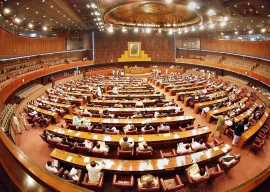
1710998259-0/pti-(1)1710998259-0-270x192.webp)
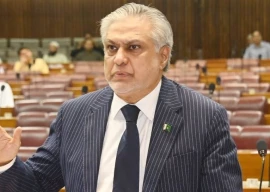

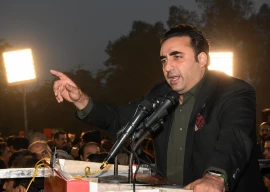




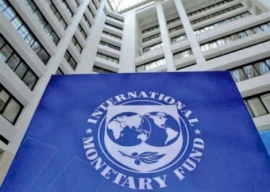

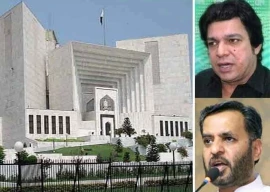



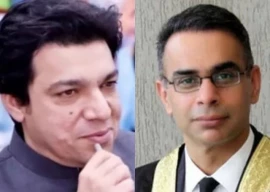





COMMENTS
Comments are moderated and generally will be posted if they are on-topic and not abusive.
For more information, please see our Comments FAQ